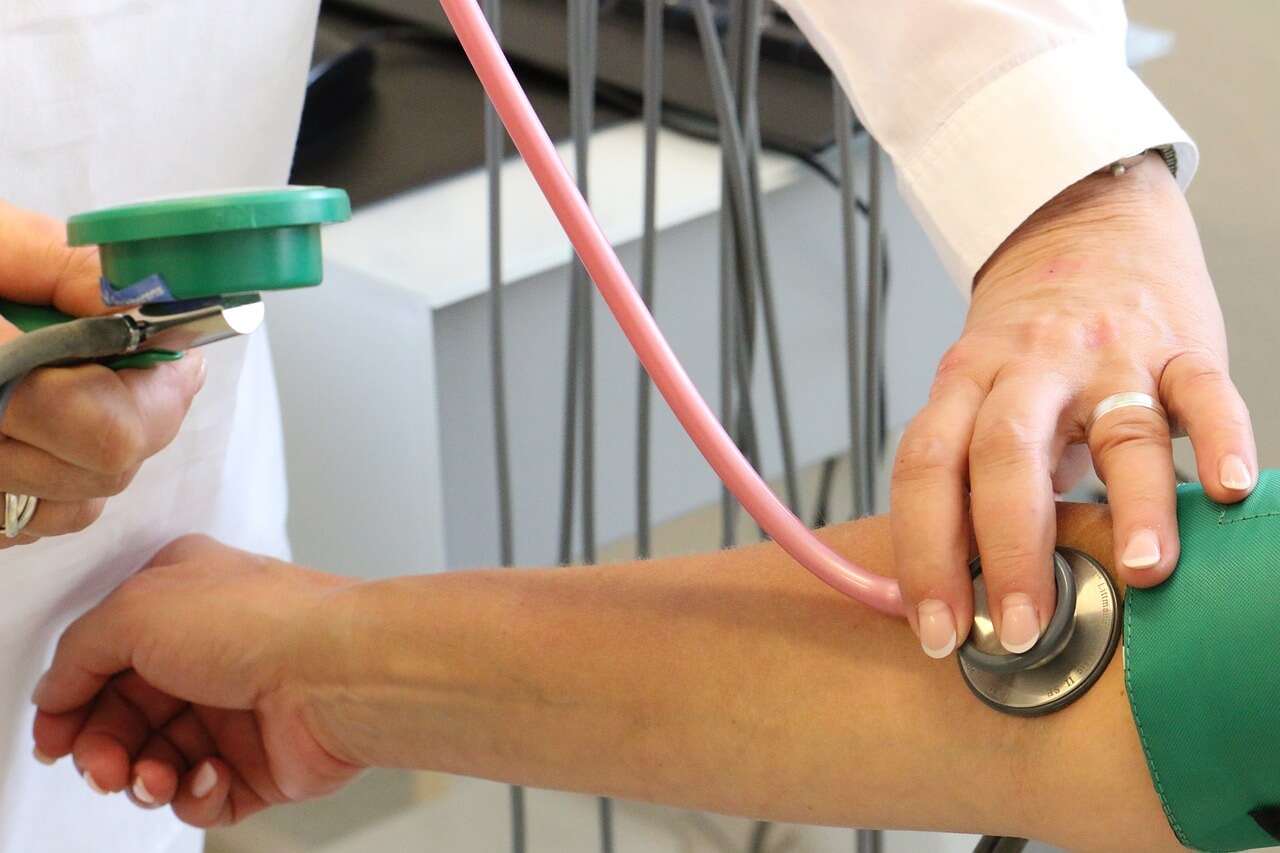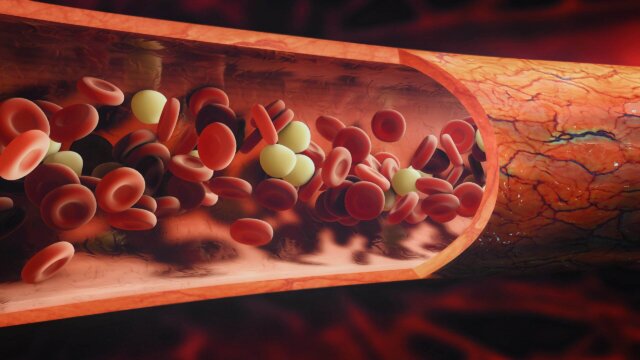FTC disclaimer: This post may contains affiliate links and we will be compensated if you click on a link and make a purchase.
Secondary hypertension is common in infants, children, adolescents, and young adults less than 30 years of age. As per research, Secondary hypertension accounts for about 5-10% of all patients with high blood pressure.
Moreover, Secondary hypertension is prevalent in patients with high blood pressure greater than 140/90.
Secondary hypertension is high blood pressure caused by a known cause. There are many causes of secondary hypertension. For this, the adults have to undergo physical examination and analysis of history reports.
When someone has the following, it’s worthwhile getting checked for Secondary hypertension causes;
- High blood pressure resistance or refractory to treatment (≥3 drugs)
- Less than 30 or >55 years old
- Malignant hypertension or accelerated hypertension
- Low potassium and high sodium (hyperaldosteronism)
- Palpitations (heart beating fast most of the time)
Causes of secondary hypertension
There are many causes of this condition. They can be classified into different groups;
Respiratory
- Obstructive sleep apnea
- Bronchopulmonary dysplasia
Endocrine
- Cushing’s syndrome
- Acromegaly
- Primary hyperaldosteronism (Addison’s disease)
- Hyperthyroidism
- Hyperparathyroidism
- Pheochromocytoma
- Congenital adrenal hypertension
Blood vessels
- Coarctation of the aorta
- Renal artery stenosis
Kidney disease
- Nephritis
- Glomerulonephritis
- Polycystic kidney disease
Cancers
- Wilm’s tumor
- Neuroblastoma
- Certain lung cancers
Drugs
- NSAIDs
- Lithium
- Estrogens
- Cocaine
- Decongestants
- Alcohol
Secondary Hypertension Tests
Apart from measuring blood pressure, using a blood pressure monitor, there are tests that doctors can use to differentiate Secondary Hypertension from Essential Hypertension. These are the tests;
- Thyroid hormone tests
- Cortisol level
- Insulin-like growth factor-1
- Catecholamine levels
- CT scan
- Electrolytes like calcium, sodium, potassium
- Lithium blood levels
- Kidney function tests
- Renin levels
Symptoms of Secondary Hypertension
Few patients with Secondary Hypertension condition can have symptoms depending on the cause. Some will not have any symptoms at all.
According to clinical studies, these would be the possible symptoms;
- Paroxysmal headache
- Palpitations
- Diaphoresis
Pheochromocytoma may cause these symptoms. Other signs and symptoms could be;
- Fatigue, heat intolerance, and fine tremor (hyperthyroidism)
- Weight loss with increased appetite (hyperthyroidism)
- Polyuria, polydipsia, nocturia (hyperaldosteronism)
- Central obesity, moon face, and thin arms and legs (Cushing’s syndrome)
Effects of Secondary Hypertension
The long-term effects of Secondary hypertension can be as severe as Essential Hypertension.
Most of the effects are similar; blood vessels (atherosclerosis) and other body organs will be affected.
As per research, these effects could be;
- Blood vessel damage (atherosclerosis)
- Heart diseases
- Kidney failure
- Stroke
Prevention of Secondary Hypertension
Prevention of Secondary Hypertension can be challenging. Most of the Secondary Hypertension conditions can’t be prevented, for example, coarctation of the aorta.
There is no perfect solution to prevent Secondary Hypertension conditions. The best way would be to have these conditions treated as soon as possible to prevent the effects of high blood pressure.
Here are some ways one can do to prevent this class of hypertension;
- Stop or reduce taking these drugs like NSAIDs, lithium, amphetamines, decongestants
- A regular check-up with your doctor
If you take one of the medications mentioned above, you can talk to your doctor to find an alternative medication.
Treatment of this hypertension
Treatment depends on the cause. Most of these conditions are treated effectively by surgery. The good thing is that there is a solution for the treatment of Secondary Hypertension conditions. Treatment may include;
- Surgery
- Radiation
- Medications
- Finding an alternative to drugs that cause high blood pressure
- Stopping alcohol








